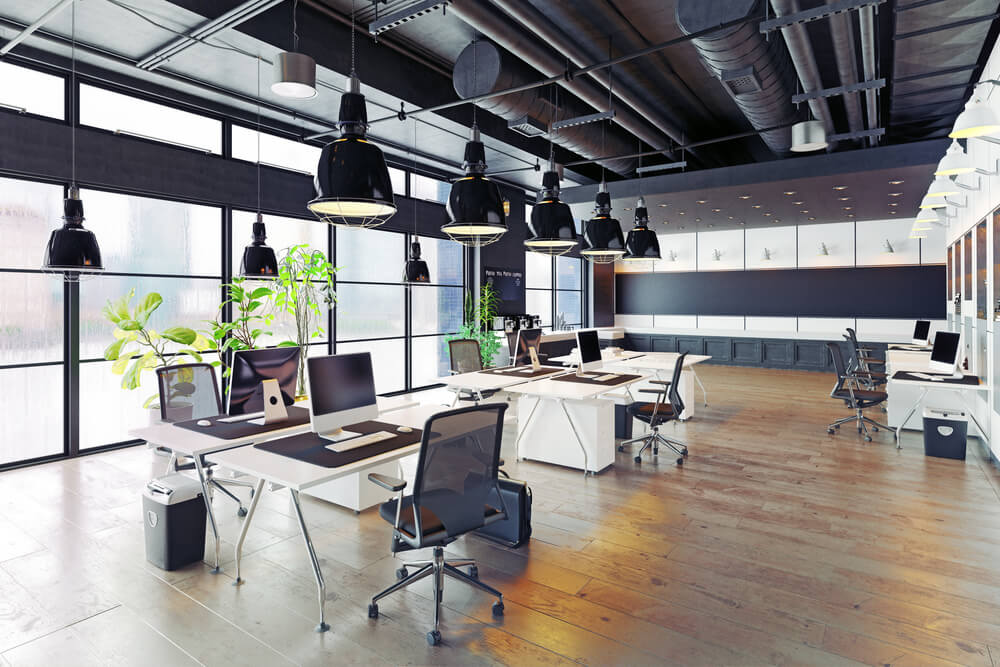
The world has been turned upside down in the last couple of months. There has been an unprecedented level of disruption to most people’s lives, and we are reminded of how serious the situation is every time we turn on the TV or hop on social media.
Changing perspective for a minute, we can also see that there has been a significant amount of disruption for businesses across the world. Take a look at big businesses, for example.
A lot of big businesses have made the decision that all staff must work from home. They will leverage technology to collaborate and share information seamlessly, and in all likelihood the business won’t even skip a beat. Travel restrictions also mean that they are forced to hold virtual meetings for the foreseeable future
When the coronavirus pandemic finally ends – and it will end – I imagine that big businesses will take stock of their standing and report on what they learned from months of disruption, and I believe that permanent changes can come from what they have learned.
After all, why does everyone who works for big business need to go to work in a city office every day? Why do we need to fly all over Australia and the world to go to meetings?
Critical thinking will follow. Do we need this very expensive office space to do what we do? Do we need all the staff we had before the disruption? Do we need more staff? Do we have the right balance of skills across the business? Do we have the right technology? Are our staff happier working from home? Are they more productive? Do we have the right systems and processes to get repeatable results in the new normal?
This current disruption could bring on some changes that were always going to happen.
Imagine the disruption and opportunities that would follow if the majority of businesses decided that having their staff working from home is actually good for business. Imagine the savings and reduction in carbon emissions from not flying to meetings each and every week.
Seems like a pretty good new normal to me.
